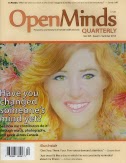 I love Open Minds Quarterly magazine. Subtitled, “The poetry and literature of mental health recovery,” I once used this publication in a composition course I taught themed “Understanding Disability.” Not surprisingly, I was met with a great deal of ‘unknowing’ in that class as well as resistance (both reasons for teaching it). Students who used the word “crazy” soon stopped themselves and others from doing so, exploring what the word means in our society. Students who felt that people with depression should “just get over it” came to a more empathetic understanding of the complexities of this mental health issue. Open Minds Quarterly was one of the publications assigned in that class to help students learn, understand, and connect.
I love Open Minds Quarterly magazine. Subtitled, “The poetry and literature of mental health recovery,” I once used this publication in a composition course I taught themed “Understanding Disability.” Not surprisingly, I was met with a great deal of ‘unknowing’ in that class as well as resistance (both reasons for teaching it). Students who used the word “crazy” soon stopped themselves and others from doing so, exploring what the word means in our society. Students who felt that people with depression should “just get over it” came to a more empathetic understanding of the complexities of this mental health issue. Open Minds Quarterly was one of the publications assigned in that class to help students learn, understand, and connect.
Editor Dinah Laprairie’s Welcome in the most recent issue brought back those teaching memories. She writes about attending several festivals where she staffed tables to promote the publication, noting the responses from people who stopped by. “What is memorable,” she writes of these encounters, “is the people who, unexpectedly, in picking up the magazine, get turned inside out by what they see.
Some go quiet and we see their breathing change, deepen. Something they read resonates, and we see something moving beneath their skin that yearns to come out. They read the magazine silently, and avoid eye contact with us.
Others are curious, pick up a copy, but once they glance at the content they drop it like it’s hot, and quickly make their escape with straight backs and pursed lips, like they don’t want to acknowledge they are eing chased by something.
Women will often return to the table supported by a friend, to look more closely. They whisper to each other.
And then there are those who are so relieved to find a magazine such as this that they make the confession they have been hiding, sometimes for years.
‘My brother, he’s bipolar.’
‘My friend, she’s had difficulties.’
‘My son –‘
or
‘Me, too.’
It is an honour to witness these admissions. Something in what we do, in what our contributors have shared, has made it okay for someone to speak up about an unspeakable subject. Yes, the stigma of mental illness is slowly diminishing, but people are still afraid to broach the subject, to shine light on the dark places we’d rather leave dark.”
Open Minds Quarterly definitely does not leave places dark, this newest issue featuring writing of a woman who meets her birth father for the first time – finding him homeless with signs of schizophrenia, another piece by a mother who undergoes electro-shock therapy, and poems wth titles like, “Aunt Dementia” (Jacqualine A. Hart), “Pain Scale” (E.V. Noechel), “Insomnia” (Maureen Comerford), “My On and Off Schizophrenic Friend” (Cecilia Tolley), “Suicide” (Maranda Russell), and “Freedom is not in the DSM” (Samantha Burton).
“More and more people are speaking up,” writes Laprairie. “It takes a multitude of small efforts to open the conversation, but at some point the doors – the formal front doors and the everyday back doors – will be flung wide open.”
Open Minds Quarterly opens those doors and invites both writers and readers to enter and exit freely.
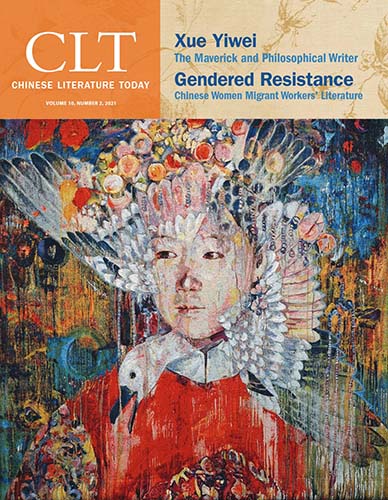 China’s Internet Literature: From “Live-Scene” Poetry to Million-Character Narratives is the special feature in the newest issue of Chinese Literature Today. Editor Jonathan Stalling writes: “While the Internet has radically changed communication in the modern world, one could argue that China’s 289 million online readers are making China the epicenter of the global literary transformation. CLT now delves into this rapidly expanding literary space through the work of leading scholars in the field. Heather Inwood explores how the democratization of publishing poetry online – challenging, or even passing the traditional gatekeepers – has affected, and in some cases, improved the overall quality of poetry in China. Haiqing Yu reveals how short Internet spoof videos called e’gao parody a variety of cultural subjects, from blockbuster films to pop stars, to more serious public figures, leading many to assert that e’gao videos have become an important new form of social engagement. Angie Chau offers readers a front-row seat at the intersection of public intellectual discourse and Internet fame in the case of Internet literature phenomenon Han Han.”
China’s Internet Literature: From “Live-Scene” Poetry to Million-Character Narratives is the special feature in the newest issue of Chinese Literature Today. Editor Jonathan Stalling writes: “While the Internet has radically changed communication in the modern world, one could argue that China’s 289 million online readers are making China the epicenter of the global literary transformation. CLT now delves into this rapidly expanding literary space through the work of leading scholars in the field. Heather Inwood explores how the democratization of publishing poetry online – challenging, or even passing the traditional gatekeepers – has affected, and in some cases, improved the overall quality of poetry in China. Haiqing Yu reveals how short Internet spoof videos called e’gao parody a variety of cultural subjects, from blockbuster films to pop stars, to more serious public figures, leading many to assert that e’gao videos have become an important new form of social engagement. Angie Chau offers readers a front-row seat at the intersection of public intellectual discourse and Internet fame in the case of Internet literature phenomenon Han Han.”
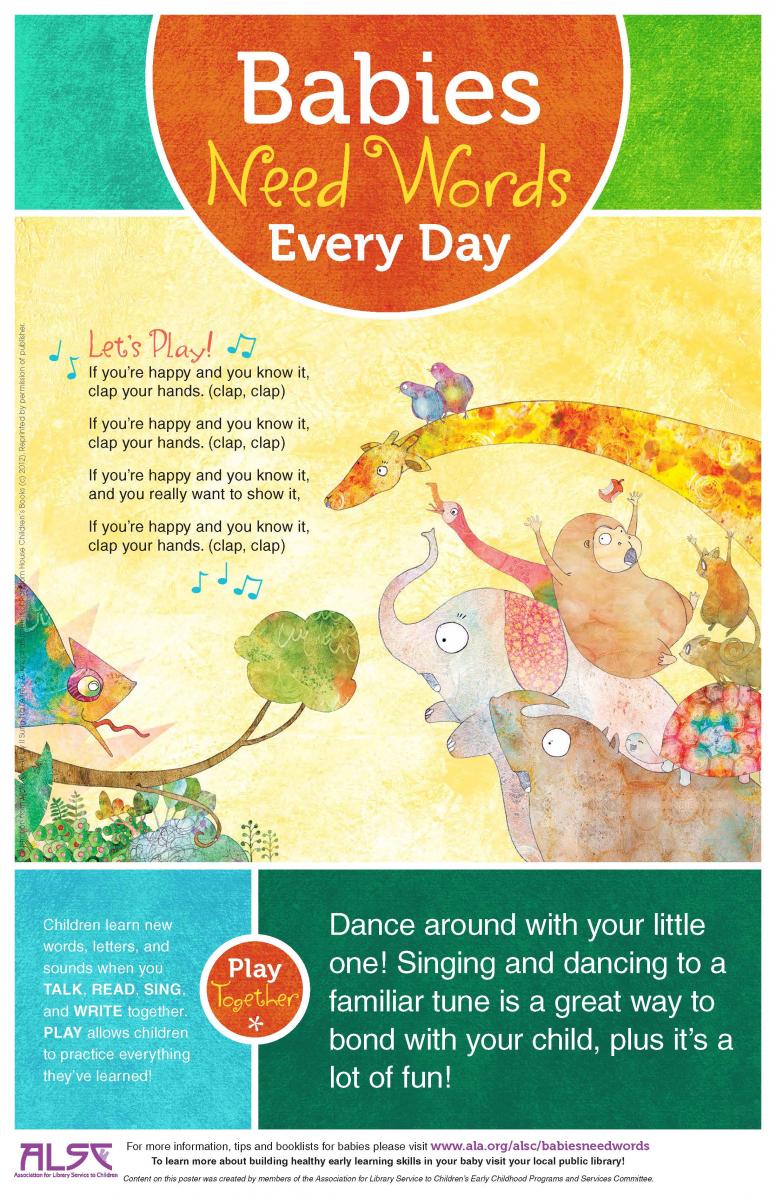 The Association for Library Services to Children has launched the new campaign
The Association for Library Services to Children has launched the new campaign 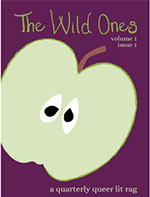 Morgan Laidlaw and Zan Giese are the editorial force behind the newly launched biannual PDF
Morgan Laidlaw and Zan Giese are the editorial force behind the newly launched biannual PDF 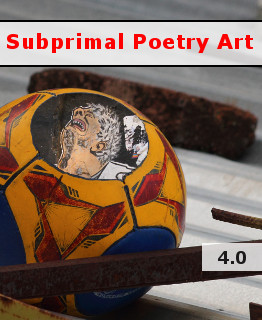
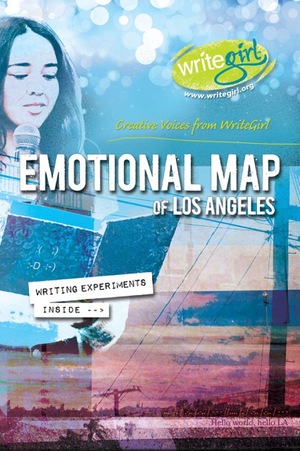 Located in Los Angeles,
Located in Los Angeles, 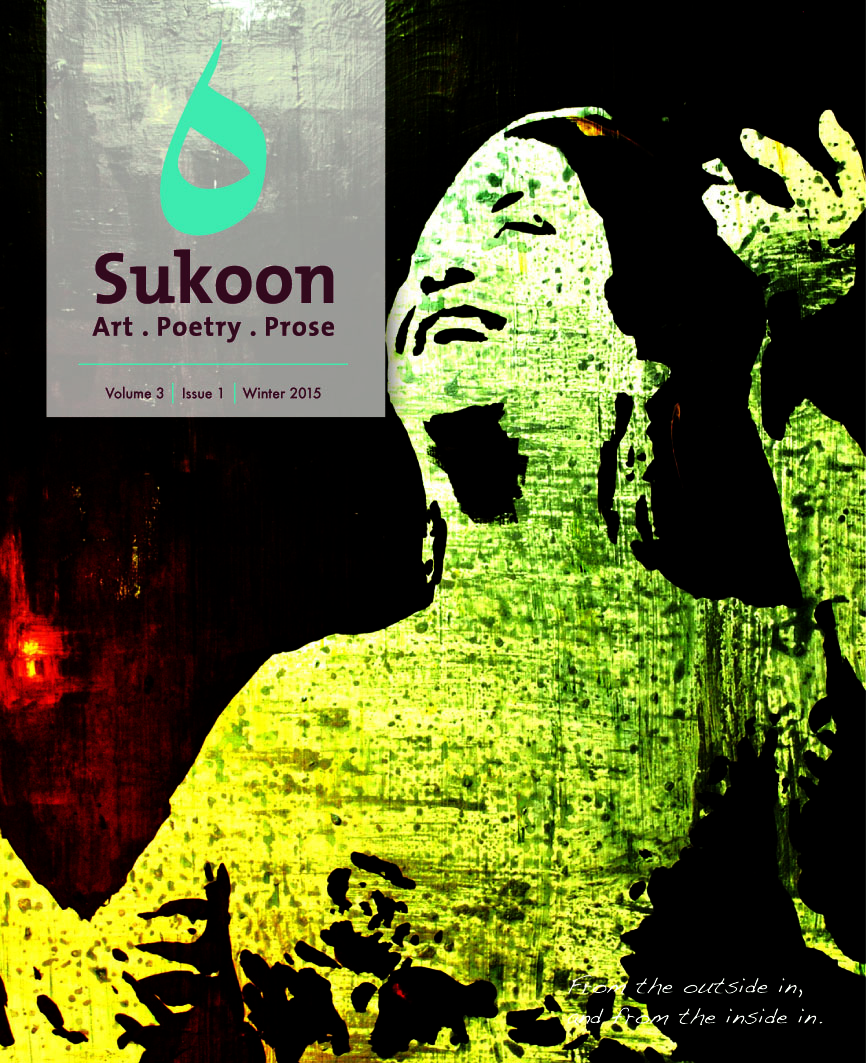
 The newest issue of
The newest issue of 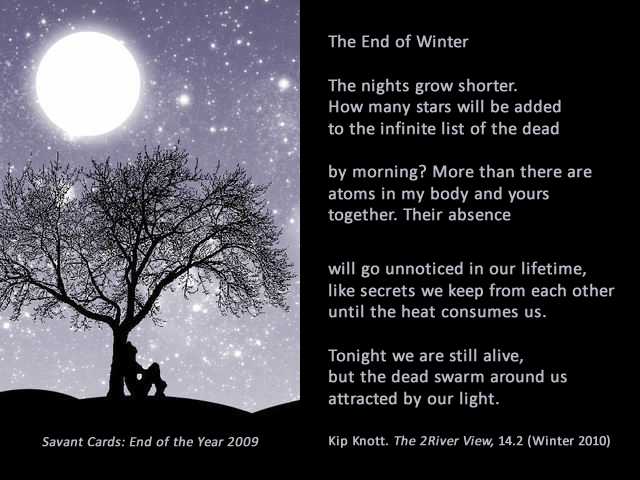 Like most Englishy folk, I love to read in print. But I also love the ease and accessibility of reading online lit mags. The
Like most Englishy folk, I love to read in print. But I also love the ease and accessibility of reading online lit mags. The 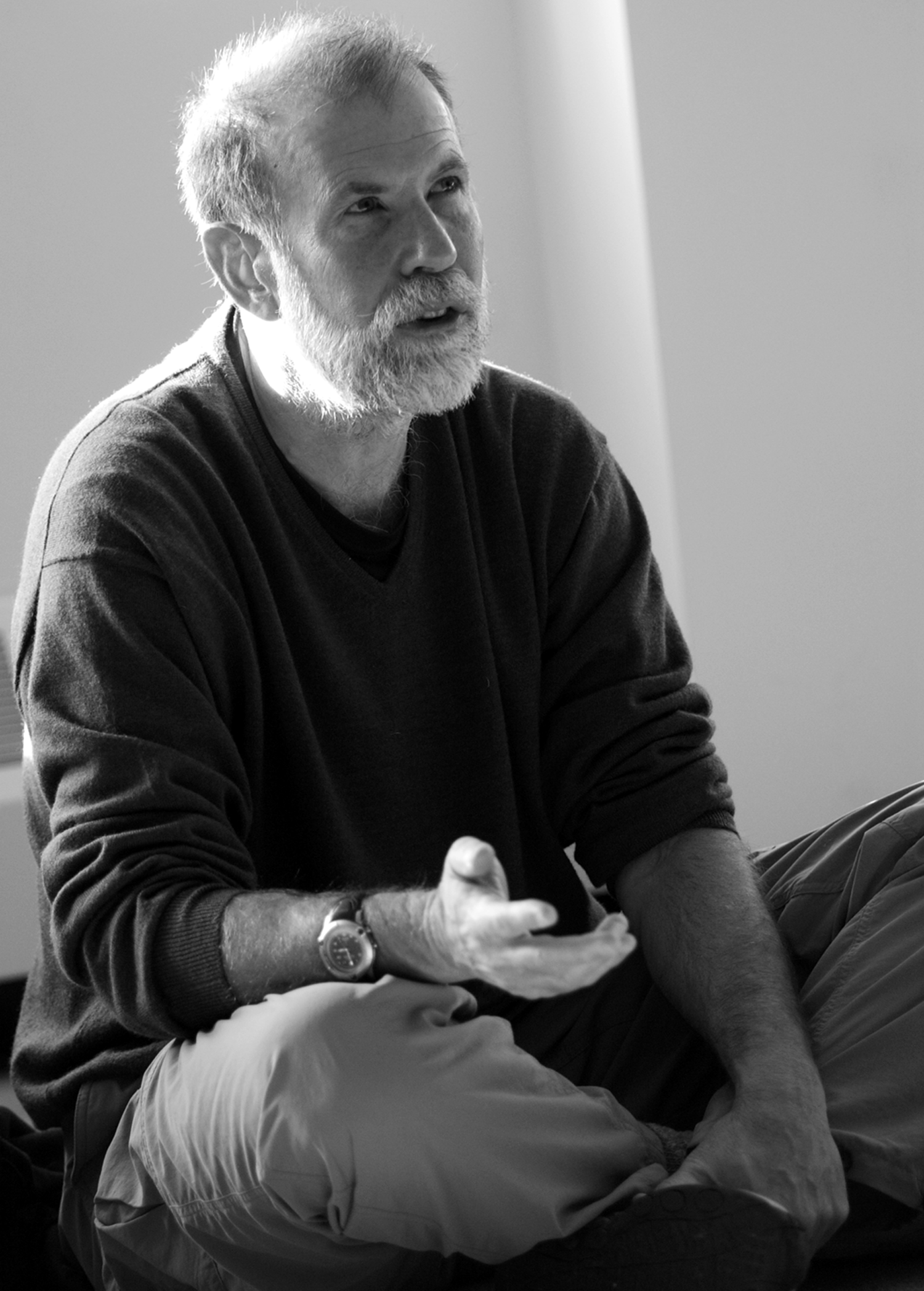 From
From  Tuesday, October 20, 2015 is the seventh annual
Tuesday, October 20, 2015 is the seventh annual 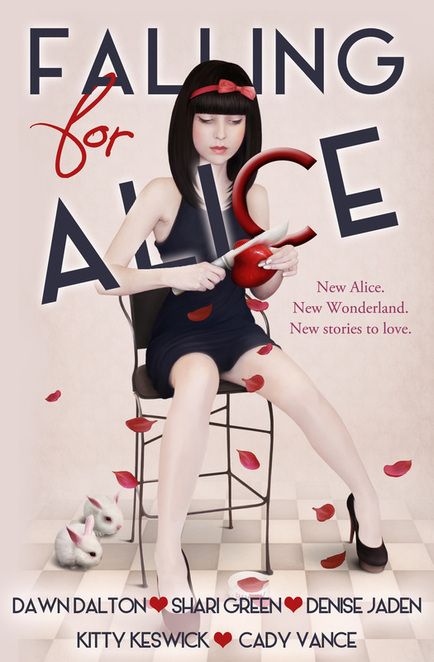 I just coulnd’t pass this one up! “From the modern Alice dumped in the Aquarian Age of the late sixties, to the present day Alice, tormented by body image and emotional issues, to the Alice of the future, launched forward through time and space,
I just coulnd’t pass this one up! “From the modern Alice dumped in the Aquarian Age of the late sixties, to the present day Alice, tormented by body image and emotional issues, to the Alice of the future, launched forward through time and space, 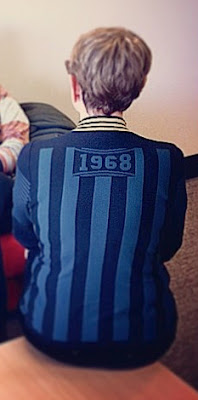 Pam Brown: “I find in writing a poem that it’s ‘difficult’ to get it right – to have it look, sound & read as I intend. I can spend ages adjusting punctuation & spacing & lineation. Also on keeping things clear. Sometimes having my fragments connect to my meanings is really a challenge. I live in my own private metonymy. I guess, with indirectness, which is how some of my poetry can operate, that good old representation is a kind of solution. I’m not a formalist. I don’t work within particular poetic forms. I’ve tried various forms and they usually fail to conform. I do think that it’s difficult to have formal poems retain a procedure & avoid seeming contrived & tight. I like content to work easily without being obstructed by the form. I don’t want that kind of structural difficulty.” Read the rest:
Pam Brown: “I find in writing a poem that it’s ‘difficult’ to get it right – to have it look, sound & read as I intend. I can spend ages adjusting punctuation & spacing & lineation. Also on keeping things clear. Sometimes having my fragments connect to my meanings is really a challenge. I live in my own private metonymy. I guess, with indirectness, which is how some of my poetry can operate, that good old representation is a kind of solution. I’m not a formalist. I don’t work within particular poetic forms. I’ve tried various forms and they usually fail to conform. I do think that it’s difficult to have formal poems retain a procedure & avoid seeming contrived & tight. I like content to work easily without being obstructed by the form. I don’t want that kind of structural difficulty.” Read the rest: 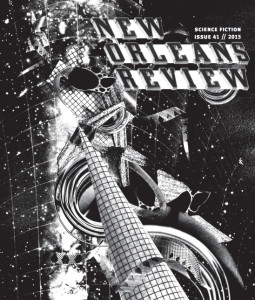 Science Fiction is the theme of the newest issue of
Science Fiction is the theme of the newest issue of  In 2016, BOA Editions, Ltd. will celebrate their 40th anniversary. Founded in 1976 by A. Poulin, Jr., BOA has published more than 300 titles, releasing 10-12 new works each year. To celebrate their anniversary, the press will be introducing a newly designed website with a fully-integrated online bookstore and interactive author events page. The enhanced website will also include a year-long social media campaign using the hashtag #BOATurns40 for readers and writers to share their “ideal reading and/or writing experience,” with video content of BOA authors giving their answers. BOA has lots in store for AWP 2016 as well, from giveaways to an onsite reading.
In 2016, BOA Editions, Ltd. will celebrate their 40th anniversary. Founded in 1976 by A. Poulin, Jr., BOA has published more than 300 titles, releasing 10-12 new works each year. To celebrate their anniversary, the press will be introducing a newly designed website with a fully-integrated online bookstore and interactive author events page. The enhanced website will also include a year-long social media campaign using the hashtag #BOATurns40 for readers and writers to share their “ideal reading and/or writing experience,” with video content of BOA authors giving their answers. BOA has lots in store for AWP 2016 as well, from giveaways to an onsite reading. I love
I love 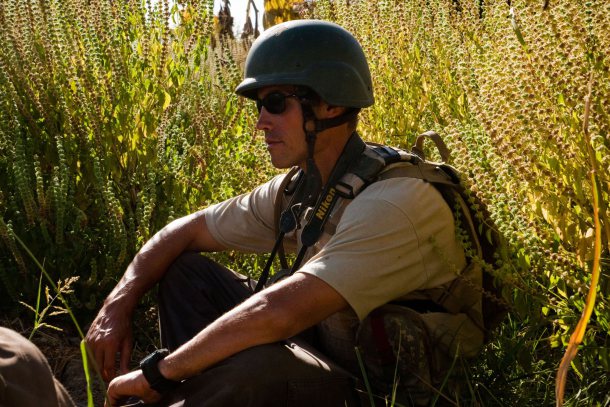 American journalist and poet James Foley disappeared in November 2012 in Syria. He was beheaded in 2014, an act captured on a video released by the Islamic State of Iraq and Syria (ISIS), also known as the Islamic State of Iraq and the Levant (ISIL). He was the first American citizen known to be killed by ISIL.
American journalist and poet James Foley disappeared in November 2012 in Syria. He was beheaded in 2014, an act captured on a video released by the Islamic State of Iraq and Syria (ISIS), also known as the Islamic State of Iraq and the Levant (ISIL). He was the first American citizen known to be killed by ISIL. Adding to their print publication of outstanding writing,
Adding to their print publication of outstanding writing, 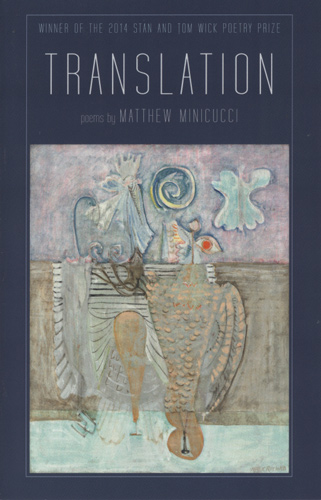 Matthew Minicucci’s Translation was published in August 2015, winner of the 2014
Matthew Minicucci’s Translation was published in August 2015, winner of the 2014 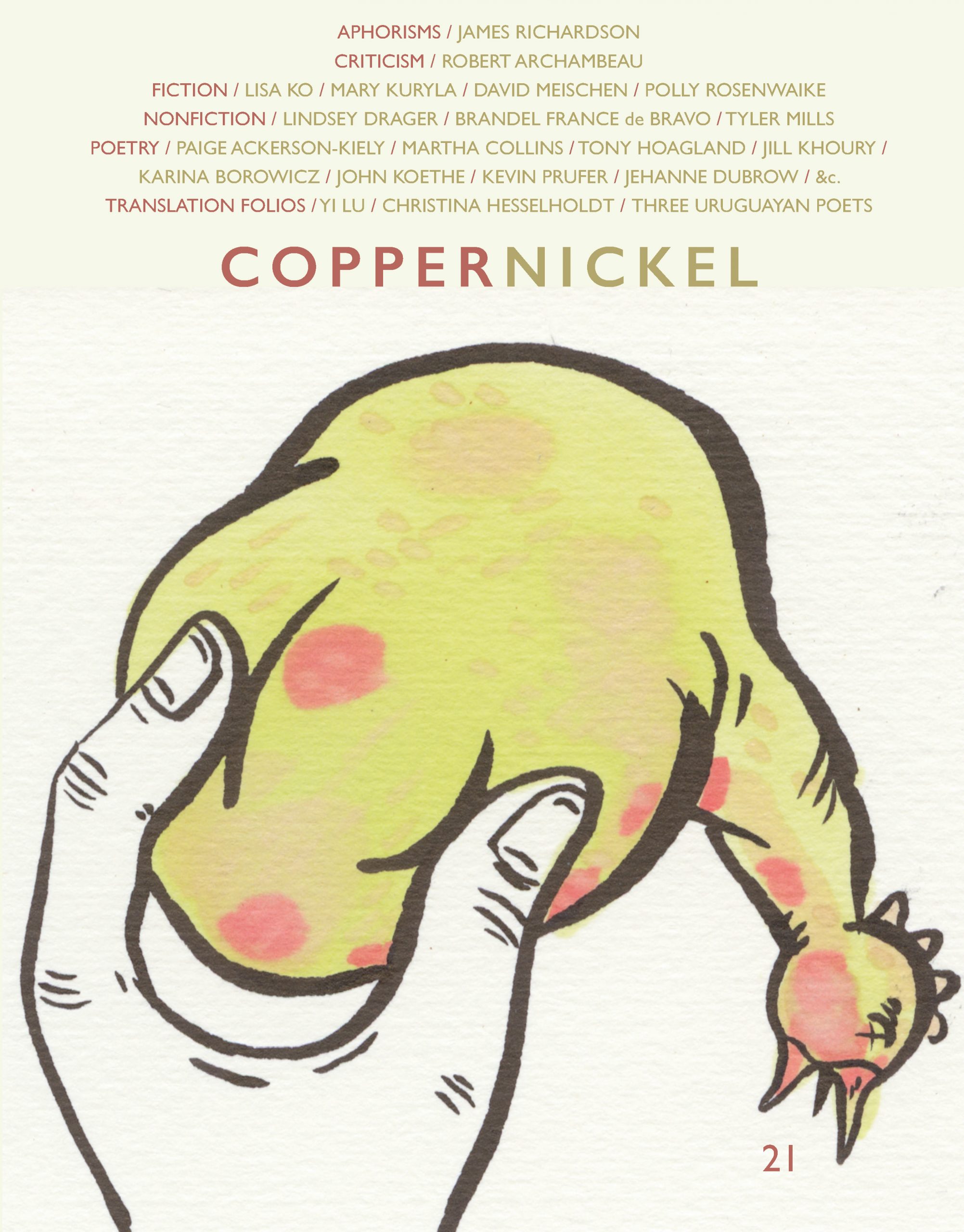 Beginning with issue 20, Copper Nickel is now offering two $500 Editors’ Prizes – one in poetry, one in prose – for the “most exciting work in each issue, as determined by a vote of [their] editorial staff.” You have to love the guidelines, which I find refreshing in this day and age of data, rubrics, and assessment. It’s nice to know that the abstract, subjective, and aesthetic have not been completely snuffed out when it comes to artistic appreciation of intelligent literary craft. Issue 21 announces the first winners (from #20) were Michelle Okaes for her poems “Bionics” and “How to Live” and Donovan Ortega for his essay “In a Large Coastal City.” Speaking of aesthetic appreciation, can we talk about that cover? (By
Beginning with issue 20, Copper Nickel is now offering two $500 Editors’ Prizes – one in poetry, one in prose – for the “most exciting work in each issue, as determined by a vote of [their] editorial staff.” You have to love the guidelines, which I find refreshing in this day and age of data, rubrics, and assessment. It’s nice to know that the abstract, subjective, and aesthetic have not been completely snuffed out when it comes to artistic appreciation of intelligent literary craft. Issue 21 announces the first winners (from #20) were Michelle Okaes for her poems “Bionics” and “How to Live” and Donovan Ortega for his essay “In a Large Coastal City.” Speaking of aesthetic appreciation, can we talk about that cover? (By  A great connection with STEM, the Fall 2015 issue of
A great connection with STEM, the Fall 2015 issue of 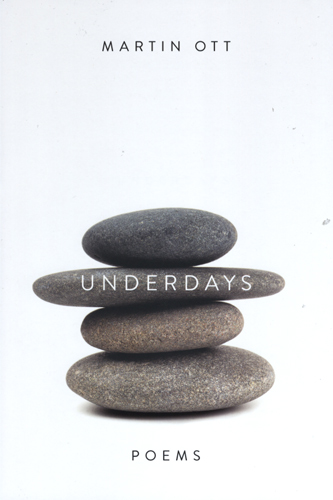 The
The 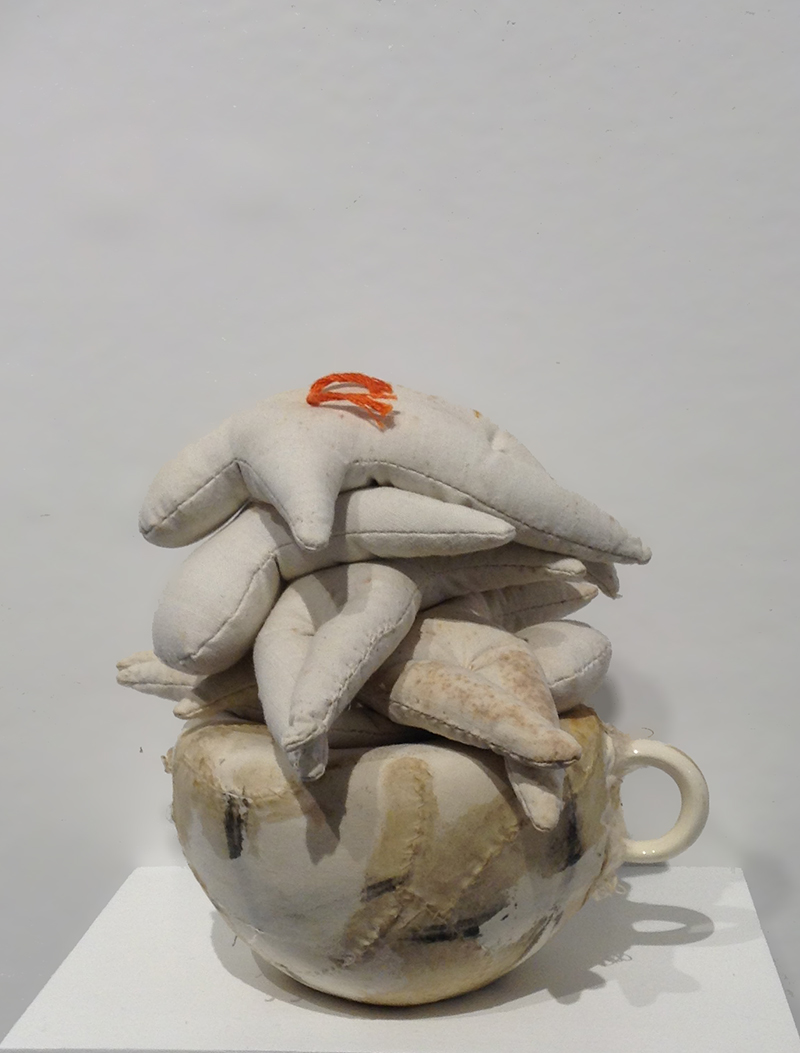 The editors at
The editors at 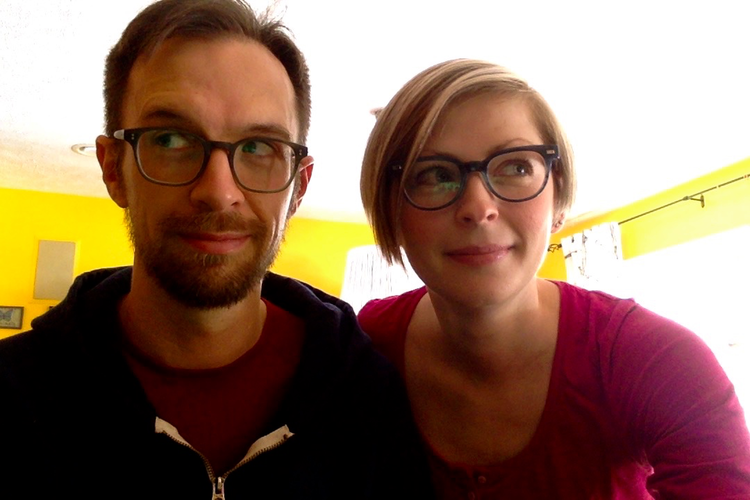 It was only a matter of time before the Little Library idea got hijacked and starting showing up as other cool community Little House outreach. Three Pittsburgh poets, Sarah B. and Jeffrey Boyle [pictured] of
It was only a matter of time before the Little Library idea got hijacked and starting showing up as other cool community Little House outreach. Three Pittsburgh poets, Sarah B. and Jeffrey Boyle [pictured] of 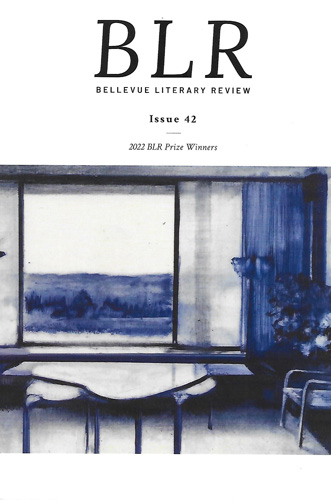 Bellevue Literary Review
Bellevue Literary Review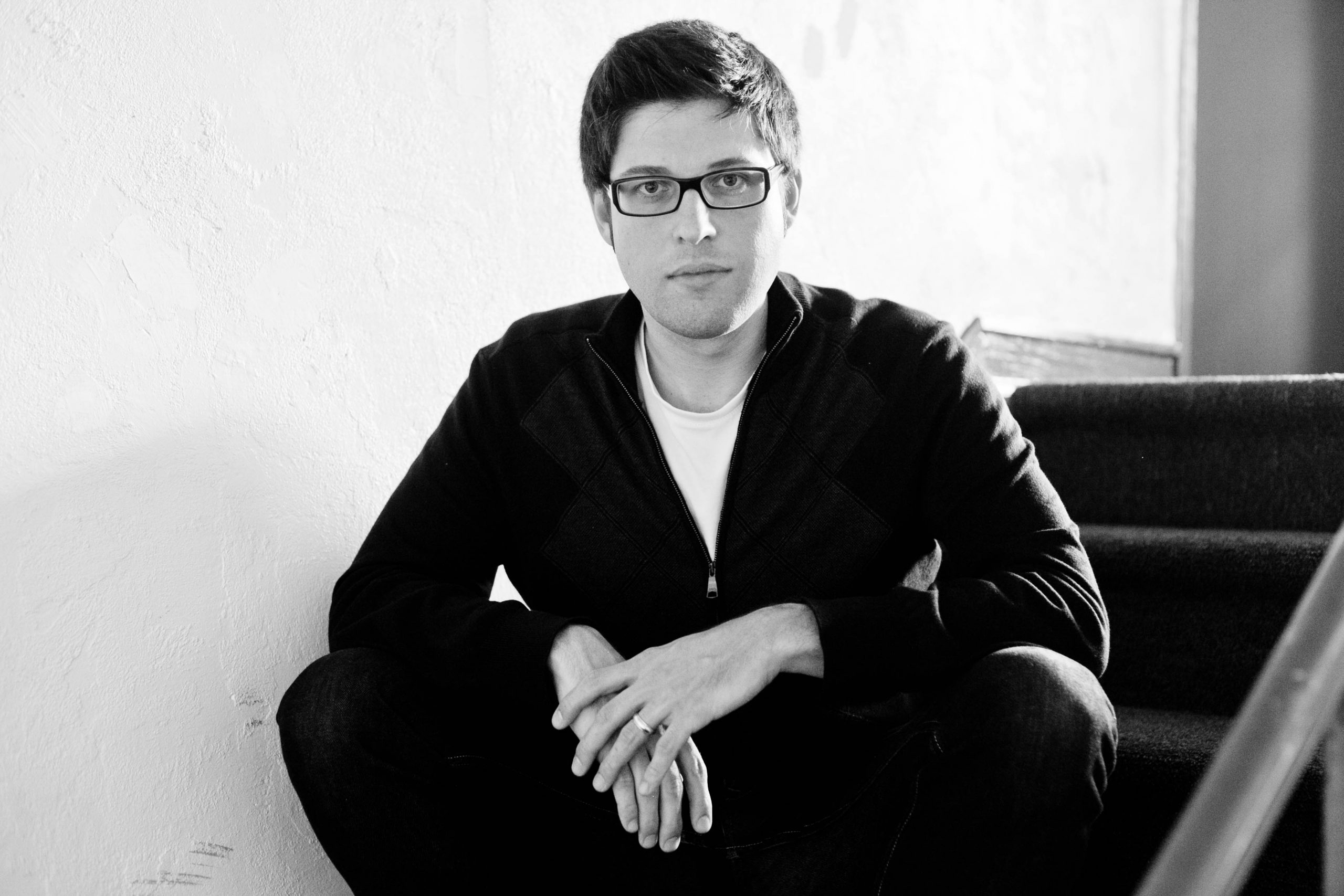 Glimmer Train
Glimmer Train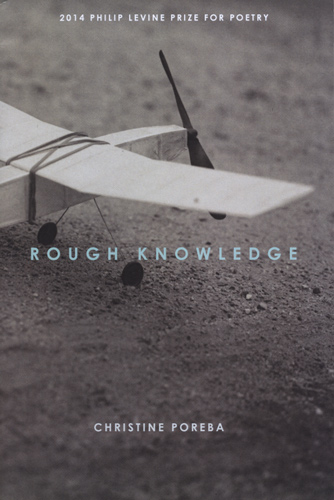 Look forward to Christine Poreba’s Rough Knowledge, winner of the 2014 Philip Levine Prize in Poetry, currently scheduled to be published by Anhinga Press at the beginning of 2016. Rough Knowledge is Poreba’s first book and was chosen from nearly 700 manuscripts by Peter Everwine.
Look forward to Christine Poreba’s Rough Knowledge, winner of the 2014 Philip Levine Prize in Poetry, currently scheduled to be published by Anhinga Press at the beginning of 2016. Rough Knowledge is Poreba’s first book and was chosen from nearly 700 manuscripts by Peter Everwine.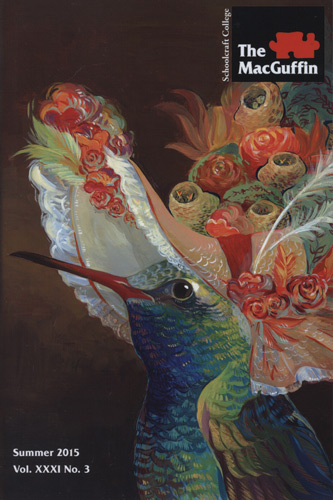 The MacGuffin has announced the winners of their Poetry Prize, which was sponsored at the Detroit Working Writer’s Conference this spring.
The MacGuffin has announced the winners of their Poetry Prize, which was sponsored at the Detroit Working Writer’s Conference this spring.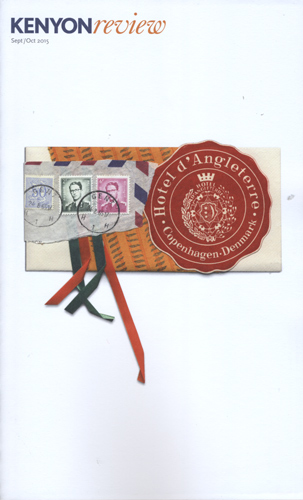 In the September/October issue of The Kenyon Review, find the winners of the 2015 Patricia Grodd Poetry Prize for Young Writers.
In the September/October issue of The Kenyon Review, find the winners of the 2015 Patricia Grodd Poetry Prize for Young Writers.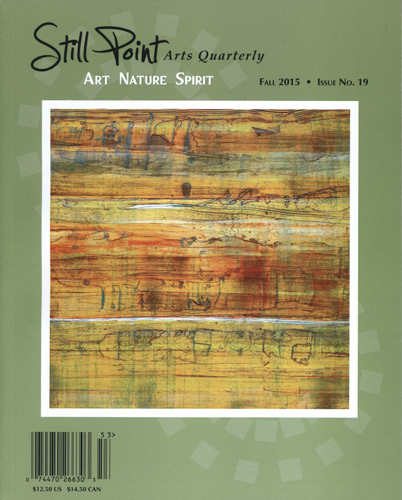 Still Point Arts Quarterly has released its first issue since it absorbed Stone Voices. With the new publication comes a new look (a brighter, more eye-catching cover), and plans to focus on “art, nature, and spirit” while connecting these themes to make a cohesive, enjoyable read. Regular readers will be comforted to know that columnists Peter Azrak, Vincent Louis Carrella, and Leslie Ihde, will continue to write for this version of the Quarterly.
Still Point Arts Quarterly has released its first issue since it absorbed Stone Voices. With the new publication comes a new look (a brighter, more eye-catching cover), and plans to focus on “art, nature, and spirit” while connecting these themes to make a cohesive, enjoyable read. Regular readers will be comforted to know that columnists Peter Azrak, Vincent Louis Carrella, and Leslie Ihde, will continue to write for this version of the Quarterly. Last month, Francesco Levato, a new media artist, poet, and director of The Chicago School of Poetics, started
Last month, Francesco Levato, a new media artist, poet, and director of The Chicago School of Poetics, started 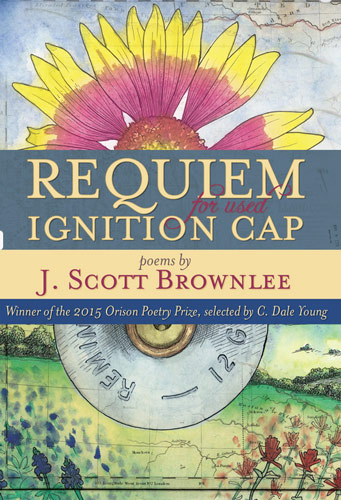 Halfway through November, Orison Books will release J. Scott Brownlee’s debut full-length poetry collection Requiem for Used Ignition Cap, winner of the 2015 Orison Poetry Prize.
Halfway through November, Orison Books will release J. Scott Brownlee’s debut full-length poetry collection Requiem for Used Ignition Cap, winner of the 2015 Orison Poetry Prize.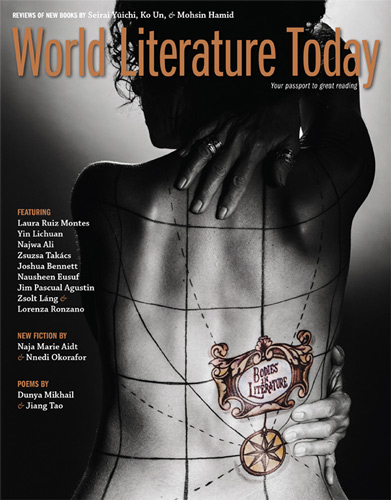 World Literature Today features “Bodies in Literature” for their September-October 2015 issue. The cover art is aptly chosen, and here’s what the editors have to say about their choice:
World Literature Today features “Bodies in Literature” for their September-October 2015 issue. The cover art is aptly chosen, and here’s what the editors have to say about their choice:  The
The 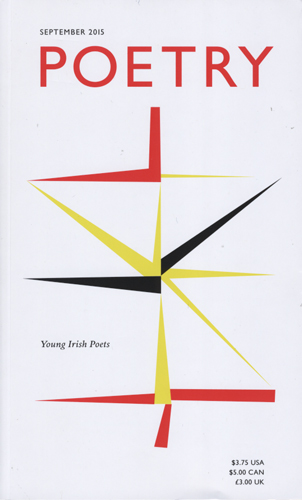 Poetry’s September 2015 issue celebrates Young Irish Poets, the first Irish-themed issue in twenty years. Editor Patrick Cotter reveals a note about the last Irish issue:
Poetry’s September 2015 issue celebrates Young Irish Poets, the first Irish-themed issue in twenty years. Editor Patrick Cotter reveals a note about the last Irish issue: 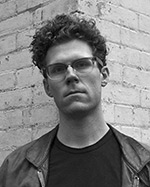 First place: Caleb Leisure [pictured], of Martinez, CA, wins $2500 for “Atlantic on Sunday.” His story will be published in Issue 97 of Glimmer Train Stories.
First place: Caleb Leisure [pictured], of Martinez, CA, wins $2500 for “Atlantic on Sunday.” His story will be published in Issue 97 of Glimmer Train Stories.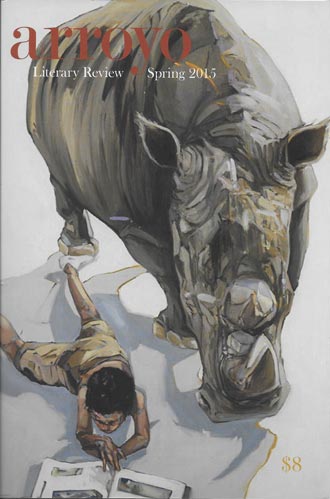 Arroyo presents their first drama piece in their Spring 2015 issue: “Creation of Myself” written by the Costa Rican epic poet, Eunice Odio, and translated by Keith Ekiss. From The Fire’s Journey, a four-part epic poem, the selection follows poet-hero Ion as he prepares to enter the world.
Arroyo presents their first drama piece in their Spring 2015 issue: “Creation of Myself” written by the Costa Rican epic poet, Eunice Odio, and translated by Keith Ekiss. From The Fire’s Journey, a four-part epic poem, the selection follows poet-hero Ion as he prepares to enter the world.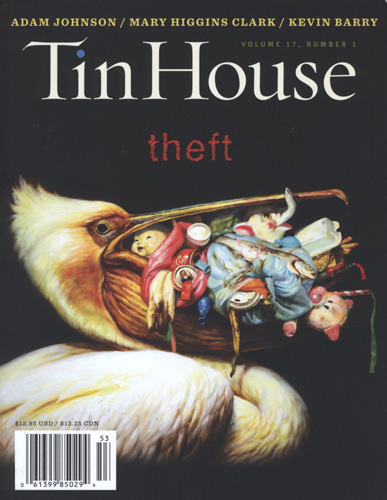 The newest issue of Tin House focuses on the theme of Theft. Kevin Young “looks at how thievery is done well (Bob Dylan) and not so well (Jonah Lehrer).” Mary Ruefle and Erika Metiner take and take apart writing in their erasure poetry and Sarah Dohrmann revisits the 1982 kidnapping of John David Gosch.
The newest issue of Tin House focuses on the theme of Theft. Kevin Young “looks at how thievery is done well (Bob Dylan) and not so well (Jonah Lehrer).” Mary Ruefle and Erika Metiner take and take apart writing in their erasure poetry and Sarah Dohrmann revisits the 1982 kidnapping of John David Gosch. Story’s second print issue is themed “The Monsters.” The double-sided issue feels like a literary preparation for Halloween, from Lincoln Michel’s horror-ified authors and Dorothy Tse’s “Woman Fish” on Side A, to the Tastoane masks of Corinne Lee’s essay “Kissing the Monster” on Side B.
Story’s second print issue is themed “The Monsters.” The double-sided issue feels like a literary preparation for Halloween, from Lincoln Michel’s horror-ified authors and Dorothy Tse’s “Woman Fish” on Side A, to the Tastoane masks of Corinne Lee’s essay “Kissing the Monster” on Side B.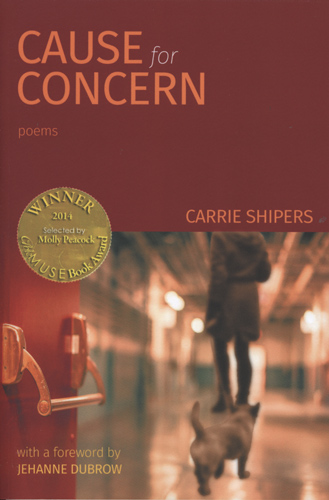 Winner of the 2014 Able Muse Book Award, Cause for Concern by Carrie Shipers is now available. From the publisher’s website: “Full of incisive meditations on frailties and fortitude often delivered with visceral honesty, Cause for Concern is spellbinding from start to finish.”
Winner of the 2014 Able Muse Book Award, Cause for Concern by Carrie Shipers is now available. From the publisher’s website: “Full of incisive meditations on frailties and fortitude often delivered with visceral honesty, Cause for Concern is spellbinding from start to finish.”  It’s a great time for fans of Yeats to plan a visit to Ireland as 2016 marks the centenary of
It’s a great time for fans of Yeats to plan a visit to Ireland as 2016 marks the centenary of 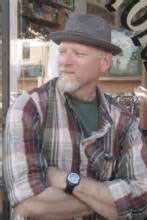 The 2015 annual issue of
The 2015 annual issue of